Court Dismisses Most Claims in Authors’ Lawsuit Against OpenAI
LexBlog IP
FEBRUARY 15, 2024
First, the court dismissed plaintiffs’ claim against OpenAI for vicarious copyright infringement based on allegations that the outputs its users generate on ChatGPT are infringing. The court also dismissed claims for violation of the Digital Millennium Copyright Act (“DMCA”).

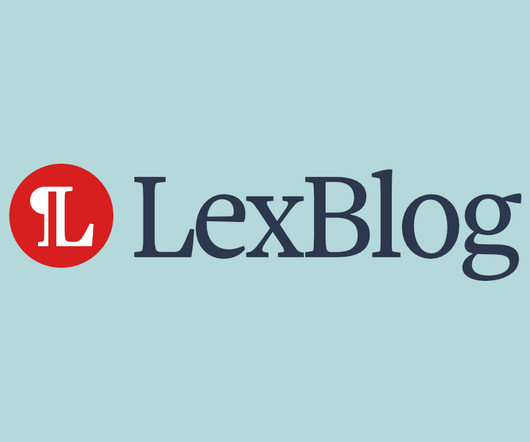
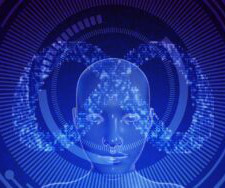
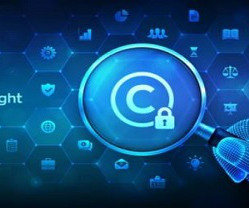
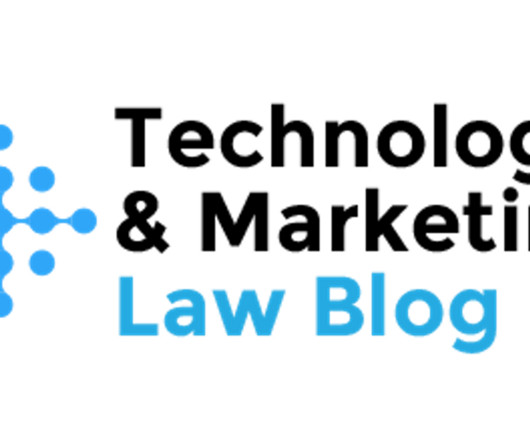
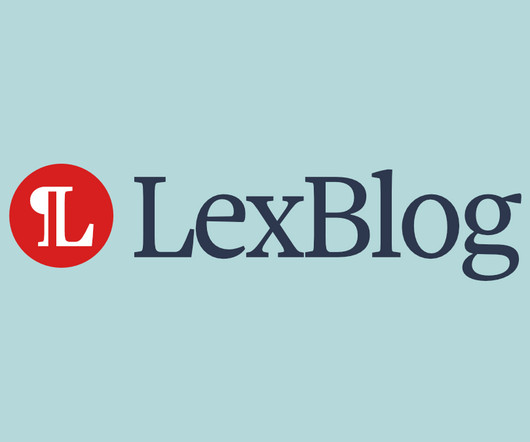
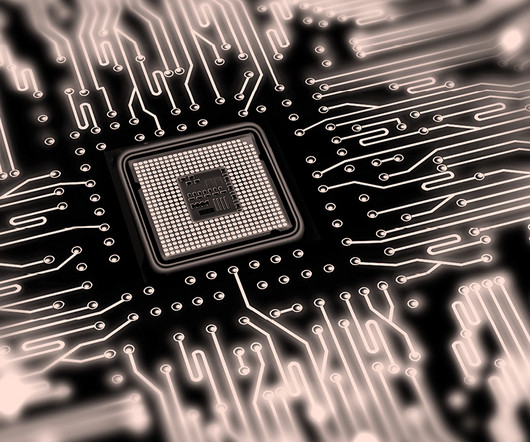






Let's personalize your content